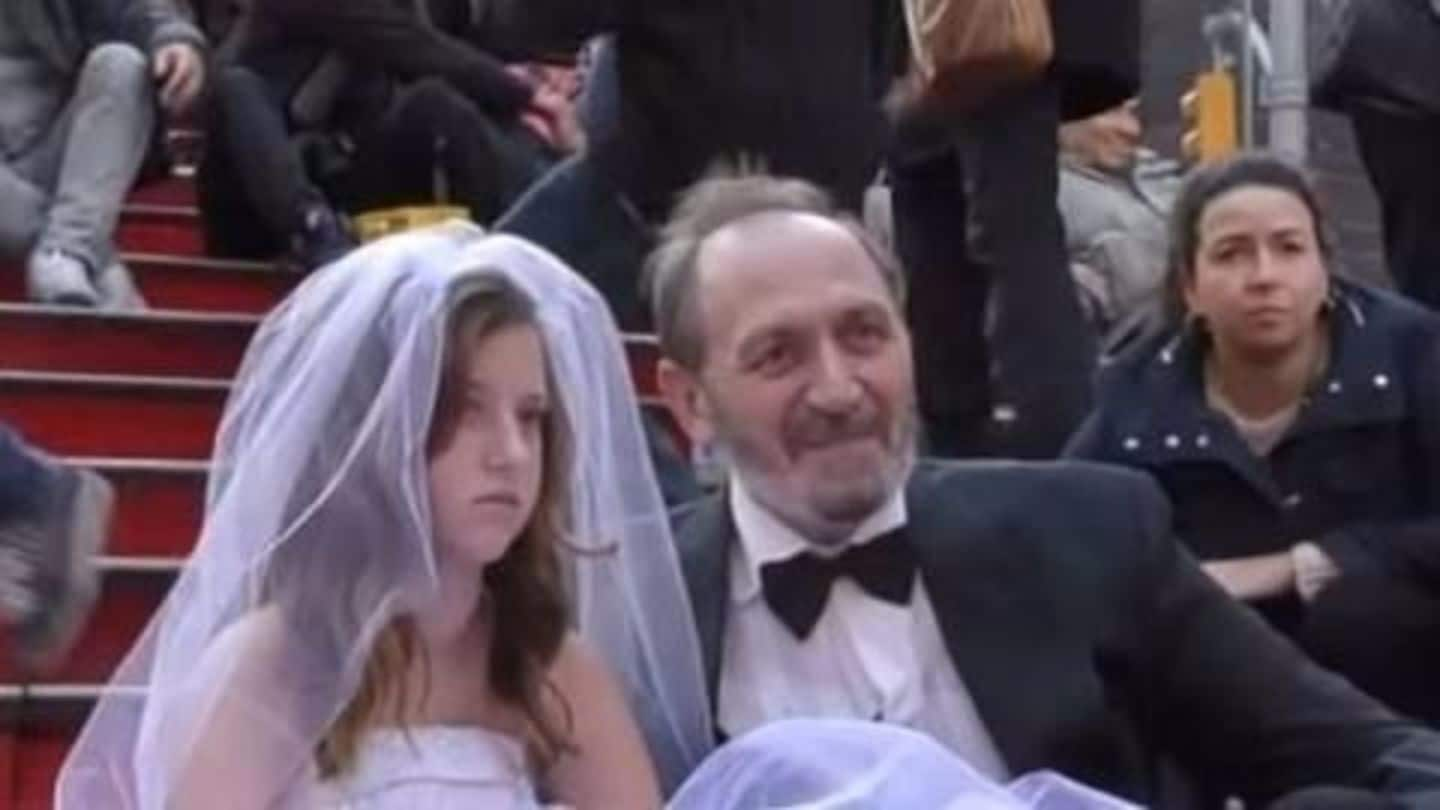
New Jersey governor refuses to ban child marriage
What's the story
New Jersey Governor Chris Christie has declined to sign into law, a provision which would make New Jersey the first state to ban child marriage without exception. Christie said such a ban would conflict with religious customs but didn't specify which religions. Around 170,000 children were wed in the US from 2000 to 2010 in 38 states, according to a Reuters report.
Explained
Legal loopholes allow child marriage in America
In America, 18 is the minimum age for marriage. However, each state has legal loopholes that allow underage children to get married. The New Jersey bill would make the state the nation's first to institute a blanket ban on marriage of minors. The states of California, Connecticut, Massachusetts, Missouri, New York, Pennsylvania and Texas have followed New Jersey's footsteps by introducing similar legislation.
Why?
Why Christie vetoed the bill
Christie, a staunch Donald Trump supporter, vetoed the bill conditionally after it was passed by both houses of the state's legislature. Christie said he made an exception so judges could approve marriages for sixteen and seventeen year olds. "An exclusion without exceptions would violate the cultures and traditions of some communities in New Jersey based on religious traditions," Christie said.
Do you know?
Child marriage linked to mental health problems
Child marriage, which remains widespread in the US, has been linked to mental health problems, poverty and increased high school drop-out rates; according to studies.
Details
Most child marriages include underage girls wedding older men
The measure's opponents said the exceptions for marriages of youngsters should remain, especially for pregnant teenagers and military personnel aged 17, who can enlist with parental consent. Orthodox Jews, Muslims, Mormons, Sikhs and Hmongs are among the communities or ethnic groups in America known to practice arranged or forced child marriage. In most cases, such marriages comprise of underage girls wedding older men.
Information
The measure could still become law if it includes exceptions
Nancy Munoz, the bill's main sponsor, said she was disappointed by Christie's decision. However, she said, "It's not an absolute veto, which is good." If state lawmakers resend the bill to the governor with his recommendations, the measure could still become law.